Will Eyelash Extensions Ruin Your Natural Lashes? We Investigate
The pros give us the honest truth.
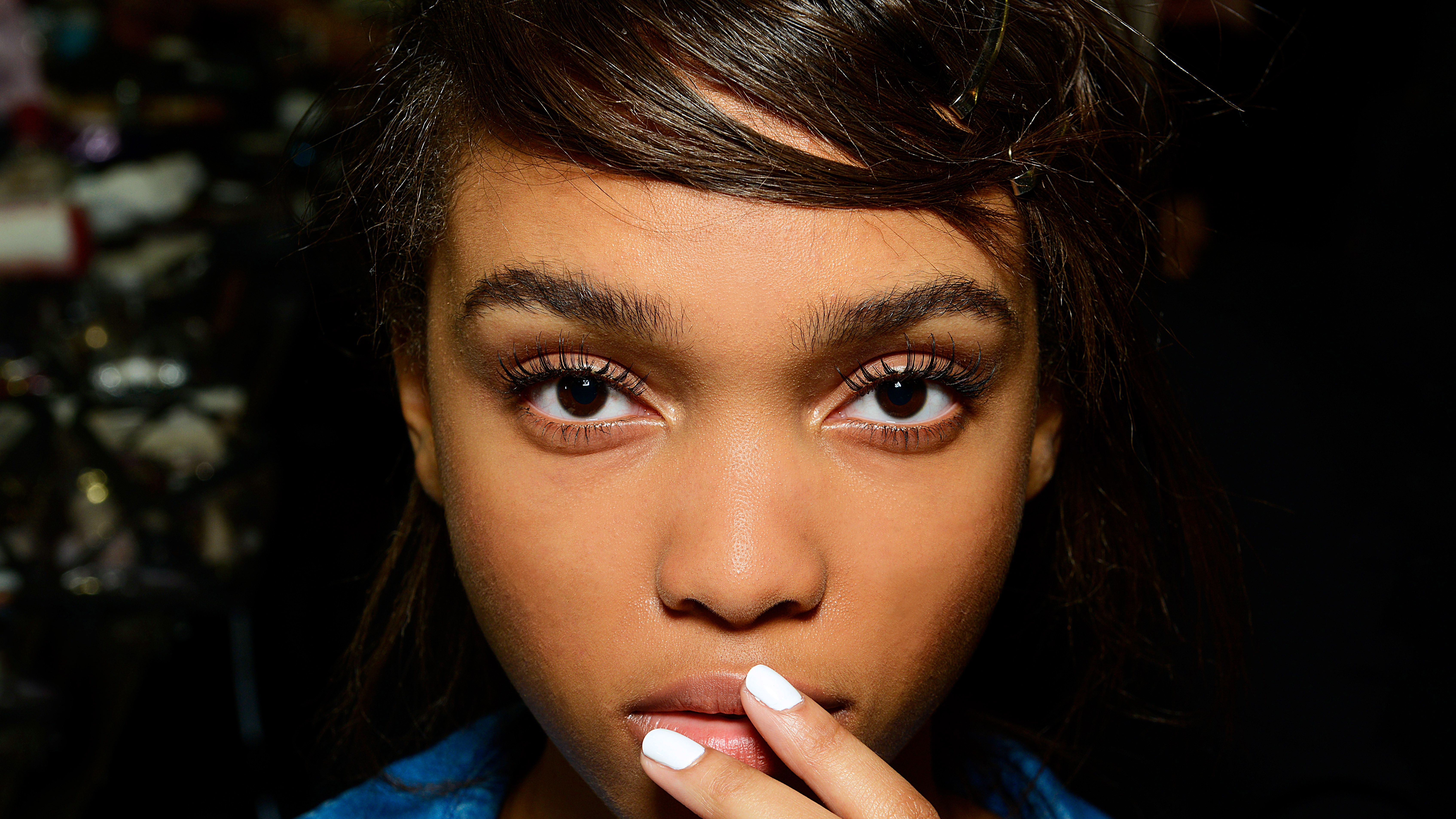
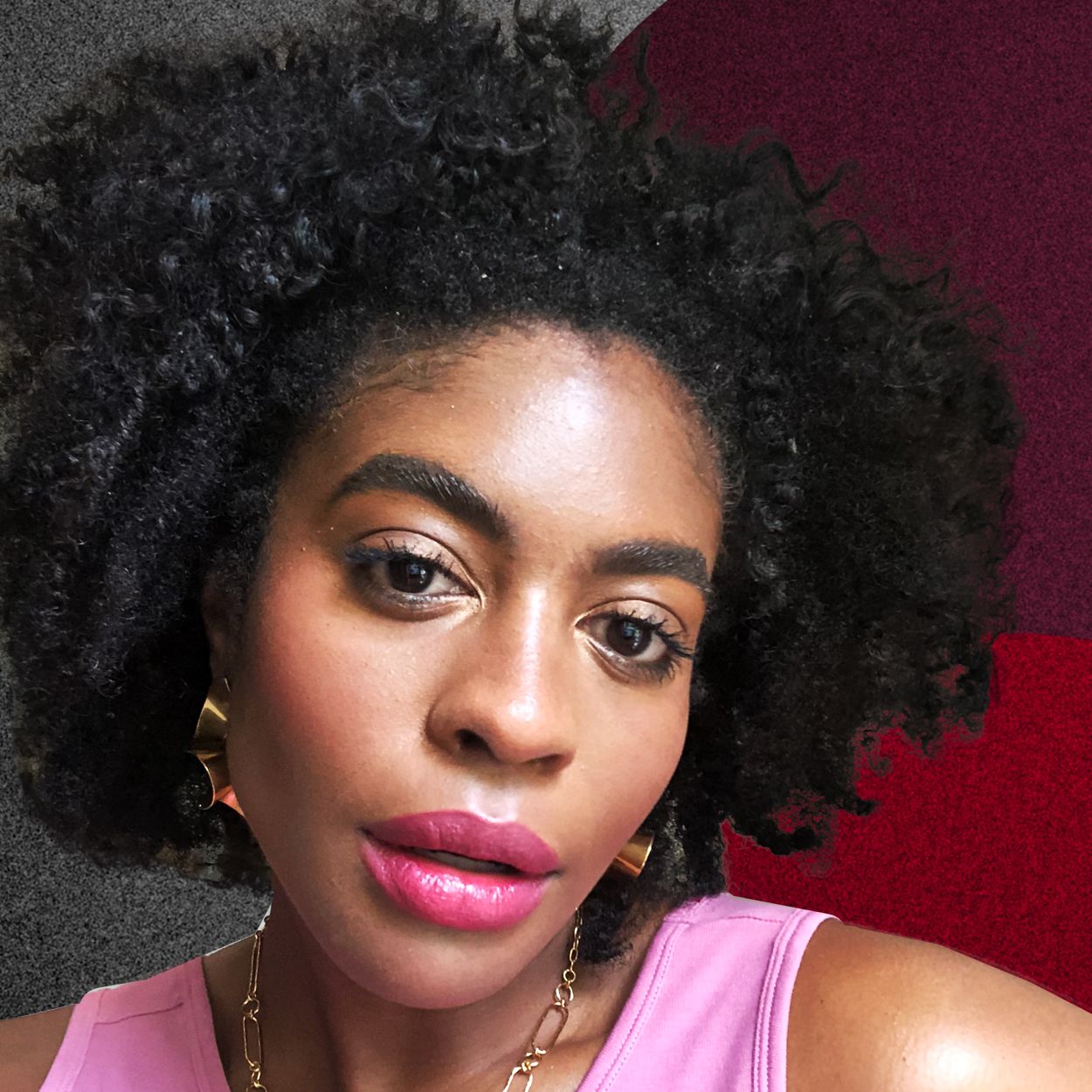
I should probably join Eyelash Extensions Anonymous, because I'm fully, truly, admittedly addicted. The moment I realized I could completely skip mascara (which cuts my morning makeup routine in half) and still look like a put-together human, I became obsessed. Eyelash extensions are legitimately like magic. They glam-up your face without you having to lift a finger.
That said, there's a lot of chatter out there about lash extensions ruining your natural lashes. It's a beauty myth that's been floating around for, like, ever. But is there some truth to it? I wore lashes for six months straight and they did absolutely no harm to my natural lashes.
Lots of issues and aspects need to be considered when it comes to lashes (they are next to your eyes, after all!). You need to ask questions, do your research, go to a clean, established place, and work with a skilled stylist who has been trained in the technique. To help you make a decision about whether eyelash extensions are right for you without relying on whispers from the beauty gossip mill, I tapped Andra Marin, artistic director and expert lash stylist at Courtney Akai Lash Boutique in New York, and Ophthalmologist Alberto Distefano, M.D., of Boston University School of Medicine. Together, they explained everything you'll ever need to know about lash extensions.
The Lash Extension Question Checklist
The first and most important step is determining if you are a good candidate for eyelash extensions. Marin suggests asking these crucial questions:
...To Ask Yourself:
- Do I sleep on my face a lot?
- Do I rub my eyes a lot?
- Do I have a tendency to pull at my lashes?
- Have I had a recent eye infection that could make me sensitive to extensions?
- Have I had a recent eye procedure?
...To Ask the Pros:
- What’s the sterilization process for the tools used?
- What are the required qualifications for the technicians at this studio?
Failure to ask the above is when horror stories surface, says Marin. There can be “damage due to poor application, infections from unsterilized tweezers, and terrible allergic reactions due to harsh adhesives.” She continues, “The products used around the eye area should be of good quality and mild enough to not create any discomfort during or after application. Minimizing irritation, preventing infections, and allergic reactions is something a good lash technician takes very seriously. Washing hands, sanitizing everything, using disposable brushes and sterilizing our tweezers are a must. It is a moral issue really.”
Stay In The Know
Get exclusive access to fashion and beauty trends, hot-off-the-press celebrity news, and more.
And it is of the utmost importance to check on your eye health first. “Make sure your eyes are healthy and free from infections,” Marin explains. “Get the okay from a doctor before getting eyelash extensions if you have had any kind of eye surgery or eye procedures recently.”
The Material and Origin of the Lash Extensions Matters
“Years ago, it used to be that mink lashes were considered superior,” Marin explains. “But the difference nowadays between natural mink and synthetic silk extensions are almost undetectable. Plus, silk lashes are also entirely hypoallergenic; if you are allergic to animal hair, you may experience an allergic reaction to the mink.” Where the lash extensions were produced also matters. “I use and recommend lash products made in the U.S.: In the U.S., we have medical grade adhesives at our disposal, which are very well tolerated by people because the mild fumes cannot be felt during the procedure or irritate the eyes.”
Extra Long, Thick Extensions Can Cause More Harm Than Good
You may think you have the extensions you want all figured out, but consult your stylist to determine which kind of falsies are best suited for the length of shape of your own lashes. It could be different from what you imagined. “Wearing lashes that are too long or too thick can spell damage in the long-run; they weigh more than shorter lashes and can cause stress to the hair follicle,” Marin warns. "That stress can make your natural lashes fall out prematurely, and when that consistently happens it can cause permanent damage. It’s best to stick to a length that is not more than 2mm longer than that of your natural lashes and a diameter that does not exceed that of your natural lash. The curl and shape of your lash could be a matter of preference, though.”
Always, Always Put Your Eye Health First
Dr. Distefano stresses the importance of visiting a professional you feel comfortable with and making sure the equipment appears clean. Though lash extensions—if done by a skilled stylist—are generally low-risk, some risks are still there. “False eyelashes can increase the risk of eyelid and eye infections,” Dr. Distefano says. “Bacteria can build up under or on the glue and on the lashes themselves when worn for an extended period of time. With the lashes in place, it's difficult to clean around the eyes, allowing bacteria to build up.” This may sound scary, but don't freak, just get yourself to an eye doctor quickly. Dr. Distefano adds: “This is treated easily with topical, oral, or intravenous antibiotics. The risk to vision is low if treated, but can be much higher if treatment is delayed.”
There's also a chance you could have an allergic reaction to the glue or the lashes. “It’s best to test for an allergic reaction prior to applying the glue to your eyelid by placing a small amount of the glue to the inside of your wrist. An allergic reaction will appear as an area of redness and/or swelling, and may be itchy.”
How to Care for Your Lashes
- Brush daily and handle your lash extensions gently. They are applied on your own lashes so treat them nicely.
- Clean your extensions regularly with an oil-free cleanser. Or, preferably a lash wash specially formulated for eyelash extensions.
- Pat them dry with a lint-free towel or paper towel after swimming or showering.
DON’T:
- Rub your eyes for a long period of time. Avoid friction, picking, or pulling on your eyelashes.
- Apply any oil or oil-based products on lashes or directly on the lash line.
- Use waterproof cosmetics or any eye makeup product that claims to last a long time.
- Use mechanical or heated eyelash curlers
Sorry, but There’s Not Much You Can Do to Keep Your Extensions From Falling Out
In case you were wondering if there’s some magical product to preserve the extensions you paid your hard-earned money for, there’s not, sadly. “Nothing will really make your lashes last past their natural shedding cycle,” Marin confirms. “Natural eyelashes grow in and fall out in cycles (just like the hair on your head), which occurs every 60 to 90 days, depending on their individual growth cycles, so when your natural eyelashes reach maturity and are ready to shed no products or technique of applying can really help stop that. A person can typically shed between 1 and 5 natural lashes every day.”
Be Aware: There’s a Lack of Regulations for Legitimate Lash Certifications
“In most states it’s not required for the person applying eyelash extensions to be certified by any accredited institution, and whilst most stylists out there get proper training from known lash academies, others are poorly trained by uncertified stylists or worse, learn by watching YouTube videos,” Marin explains. “There is still a need for good education in our relatively young industry, and a need for more information for stylists as well as for eyelash extensions wearers.”
For more stories like this, including celebrity news, beauty and fashion advice, savvy political commentary, and fascinating features, sign up for the Marie Claire newsletter.
Be Aware: There’s a Lack of Regulations for Legitimate Lash Certifications
“In most states it’s not required for the person applying eyelash extensions to be certified by any accredited institution, and whilst most stylists out there get proper training from known lash academies, others are poorly trained by uncertified stylists or worse, learn by watching YouTube videos,” Marin explains. “There is still a need for good education in our relatively young industry, and a need for more information for stylists as well as for eyelash extensions wearers.”
For more stories like this, including celebrity news, beauty and fashion advice, savvy political commentary, and fascinating features, sign up for the Marie Claire newsletter.
RELATED STORIES

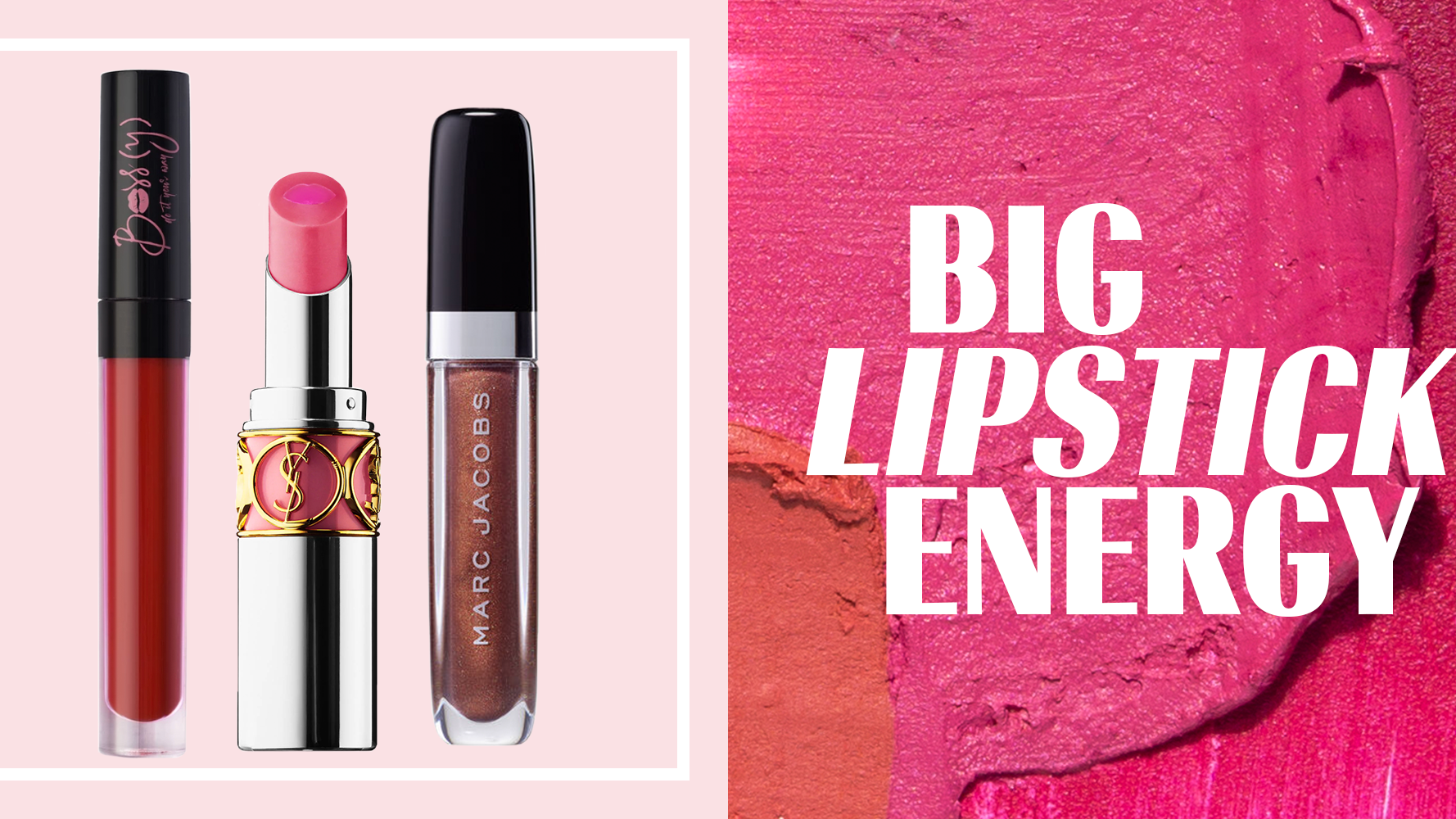

Maya Allen is the former Digital Beauty Editor at MarieClaire.com where she covered makeup, skincare, haircare, wellness, you name it! She has a 15-step skincare routine, owns over 200 red lipsticks, and enjoys testing the latest and greatest in beauty. On most weekends, you can find her at her happy place, which is her makeup vanity. There, she’s usually blasting her speakers while singing along to lyrics at the top of her lungs, and making sure her highlighter is on point.
-
 Netflix's 'North of North' Transports Viewers to the Arctic Circle—Meet the Cast of Inuit Indigenous Actors
Netflix's 'North of North' Transports Viewers to the Arctic Circle—Meet the Cast of Inuit Indigenous ActorsThe new comedy follows a modern Inuk woman determined to transform her life.
By Quinci LeGardye
-
 Princess Beatrice's Husband Pays a Rare Tribute to These Royal Family Members on Instagram
Princess Beatrice's Husband Pays a Rare Tribute to These Royal Family Members on InstagramEdoardo Mapelli Mozzi shared some behind-the-scenes snaps from the F1 Grand Prix in Bahrain.
By Kristin Contino
-
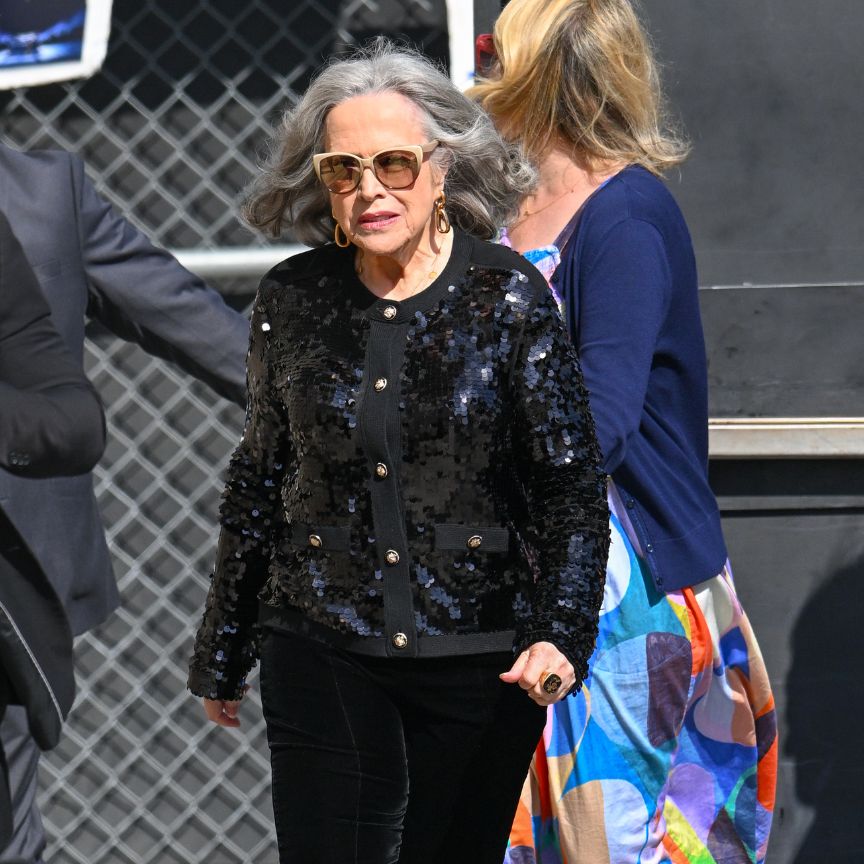 Allow Kathy Bates to Convince You to Grow Out Your Grays
Allow Kathy Bates to Convince You to Grow Out Your GraysOne look at her new style and you'll be canceling your root touch-up pronto.
By Ariel Baker
-
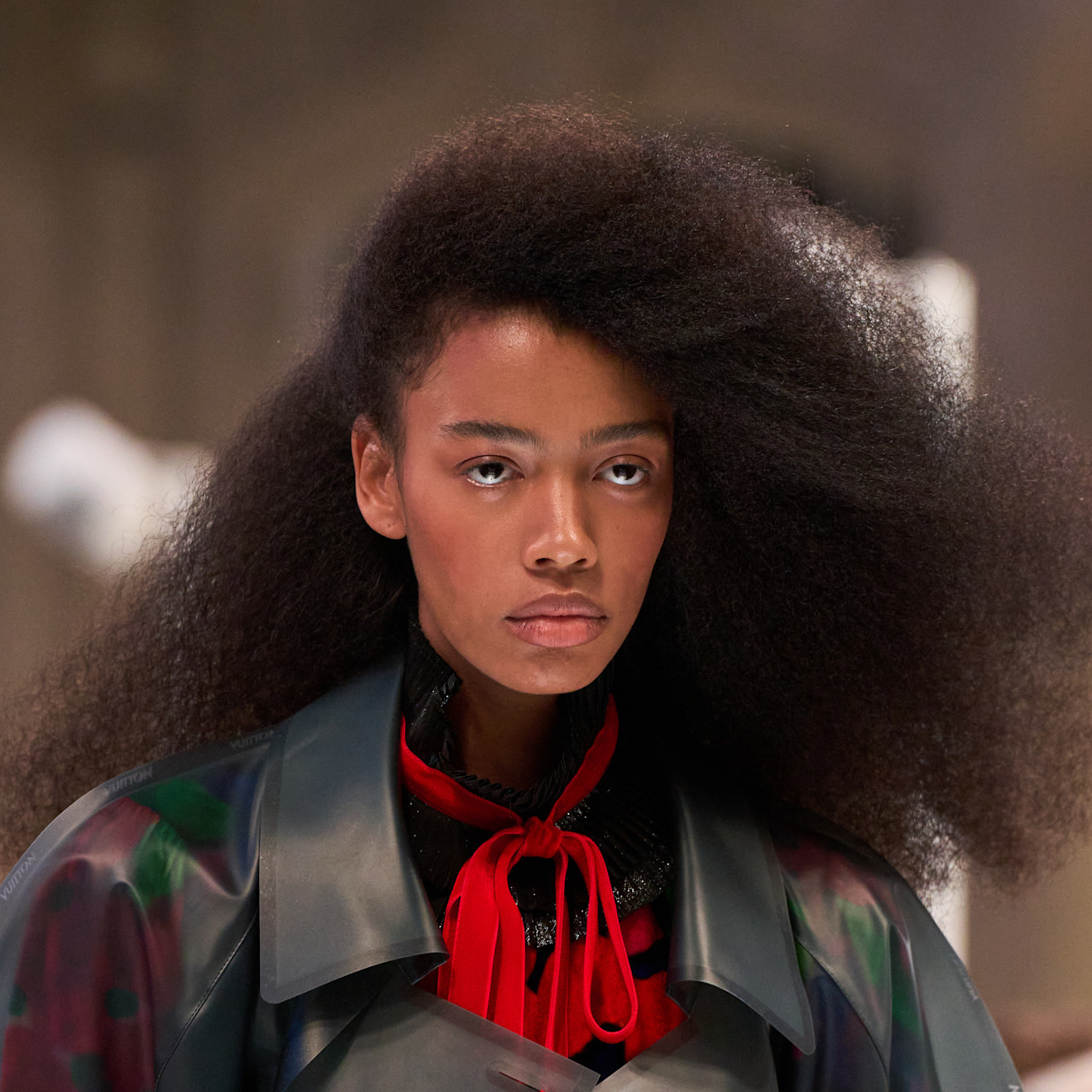 Everything You Need to Know About Marie Claire’s Skin and Hair Awards
Everything You Need to Know About Marie Claire’s Skin and Hair AwardsCould your brand survive an editor testing session?
By Ariel Baker
-
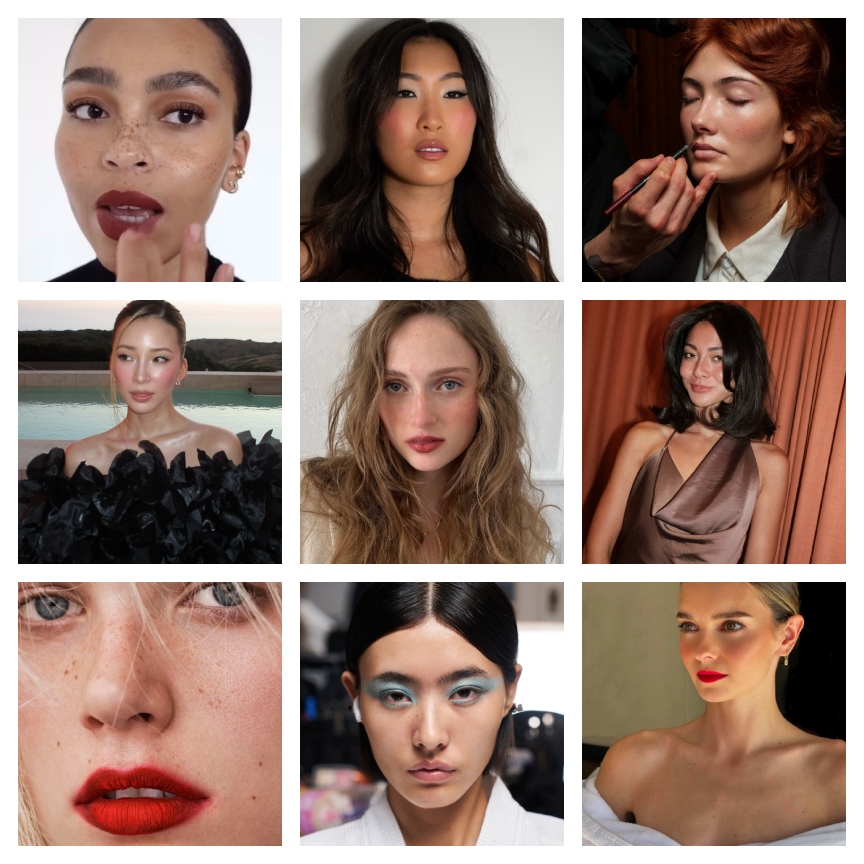 The 11 Best Spring Makeup Trends Are Sexy, Sensual, and Perfectly Luminous
The 11 Best Spring Makeup Trends Are Sexy, Sensual, and Perfectly LuminousIt's dew or die time.
By Jamie Wilson
-
 Simone Ashley’s Indie Sleaze Glam Is a Cool-Toned Dream
Simone Ashley’s Indie Sleaze Glam Is a Cool-Toned DreamThe actor was spotted in New York City looking like the epitome of cool-toned beauty.
By Ariel Baker
-
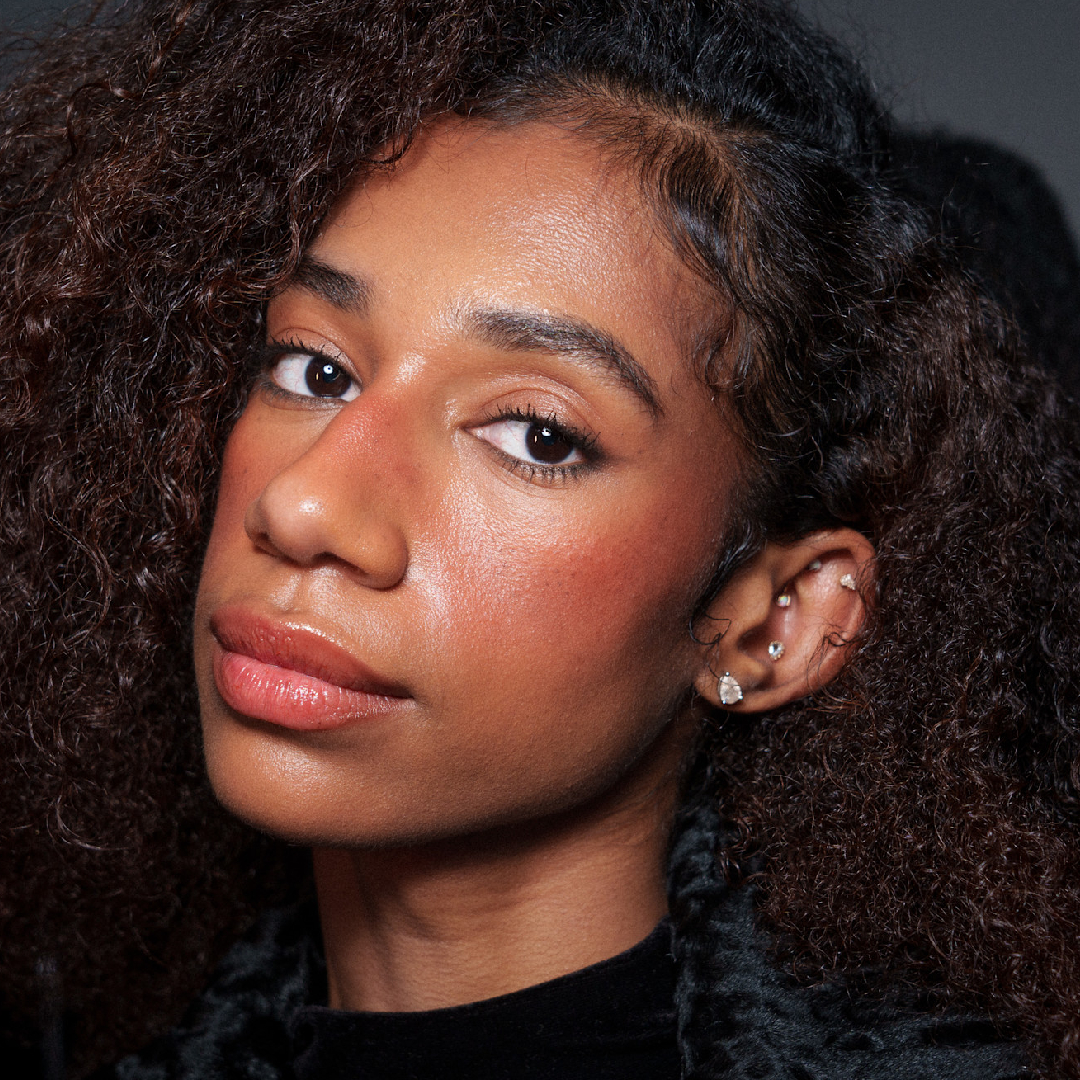 The 10 Best Hair Growth Shampoos of 2025, Tested by Editors
The 10 Best Hair Growth Shampoos of 2025, Tested by EditorsExpensive and healthy-looking hair on lock.
By Marisa Petrarca
-
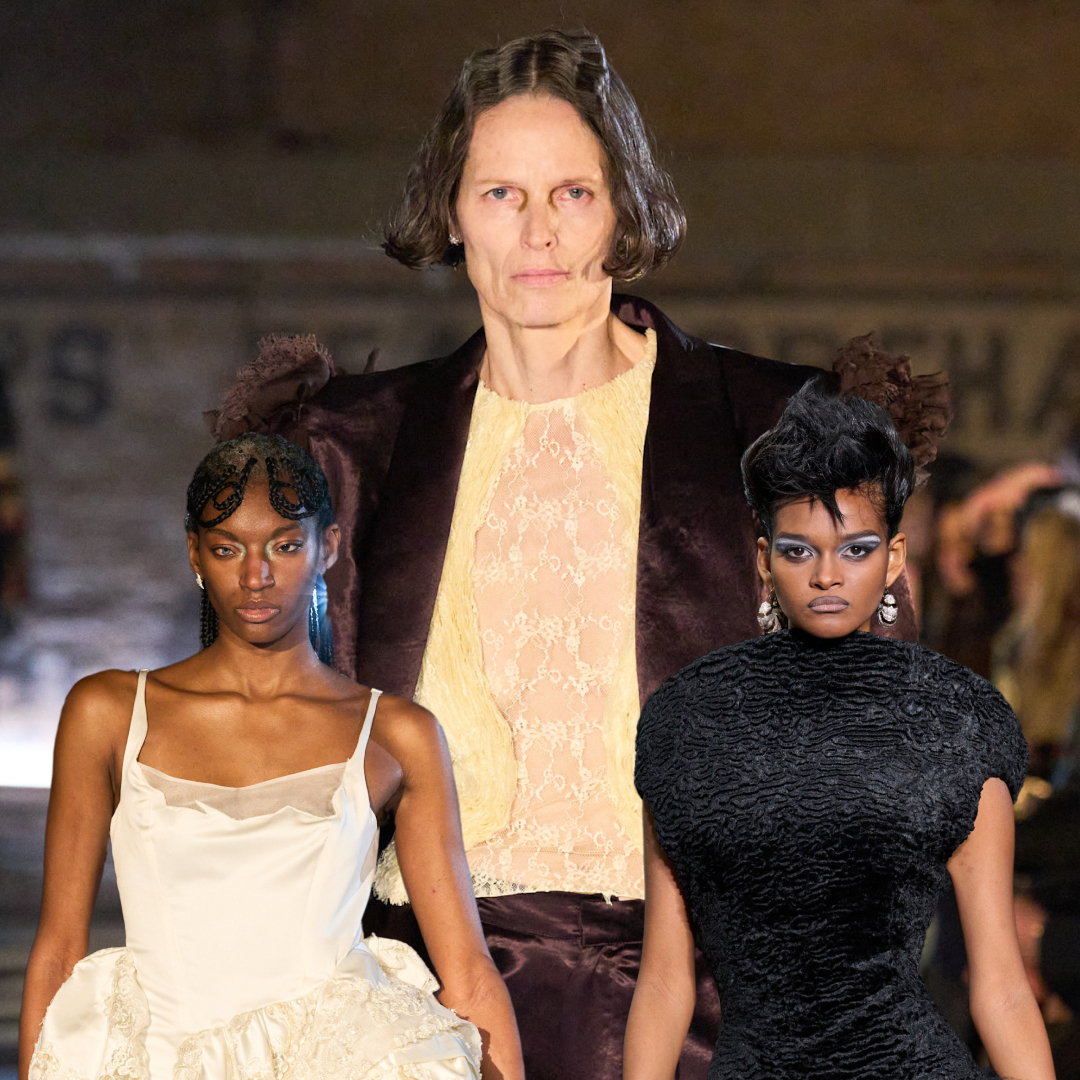 New York Fashion Week’s Fall/Winter 2025 Best Beauty Moments Are a Lesson in Juxtaposition
New York Fashion Week’s Fall/Winter 2025 Best Beauty Moments Are a Lesson in JuxtapositionThe week's best beauty looks were a maximalism master class.
By Ariel Baker
-
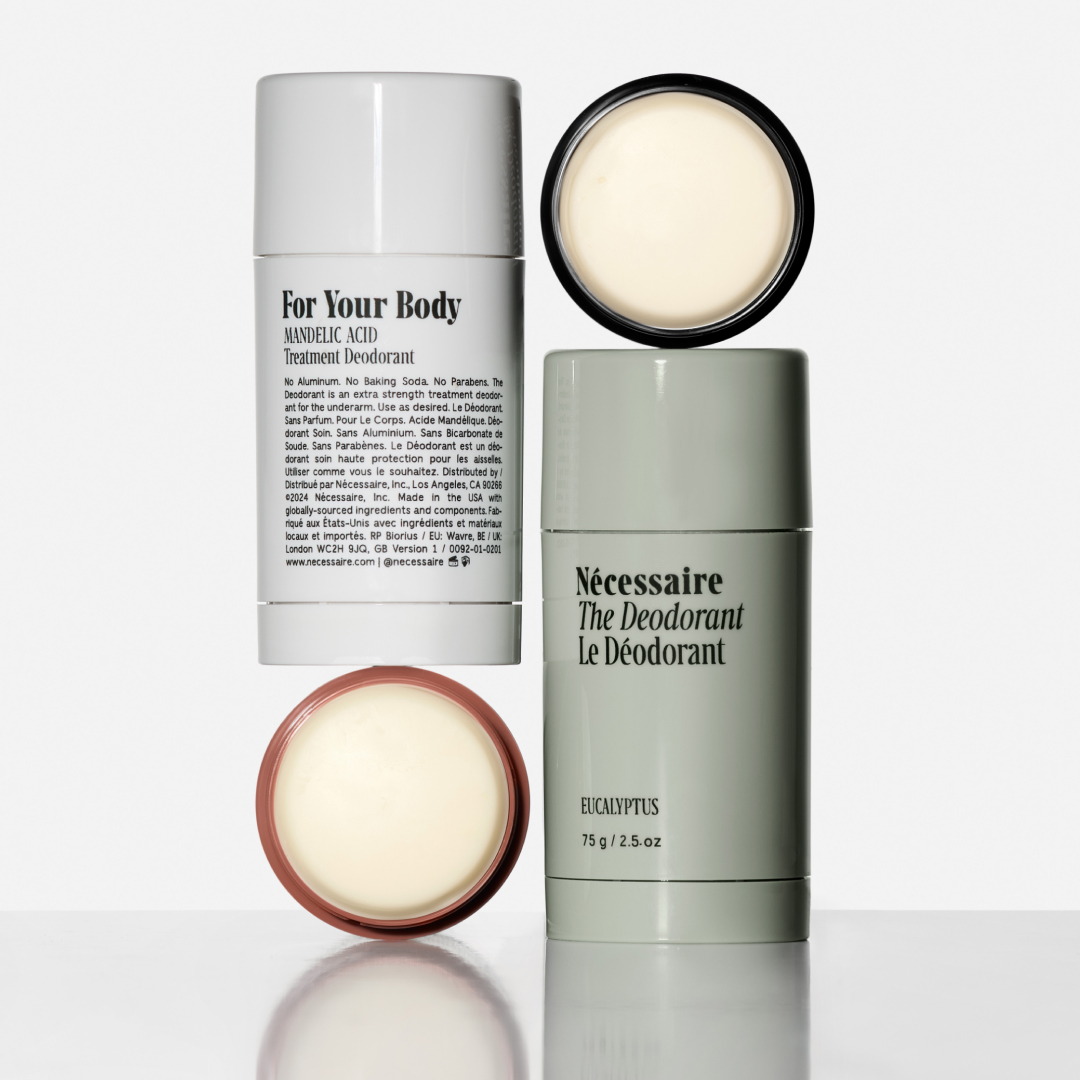 Nécessaire's Extra-Strength Deodorant Outlasts an Editor's Sweatiest Test: Fashion Week
Nécessaire's Extra-Strength Deodorant Outlasts an Editor's Sweatiest Test: Fashion WeekEven with my hectic schedule, I've never smelled better.
By Halie LeSavage
-
 Lily-Rose Depp’s Cool-Toned Makeup Is So ‘90s Coded
Lily-Rose Depp’s Cool-Toned Makeup Is So ‘90s CodedClean girl meets grunge.
By Ariel Baker
-
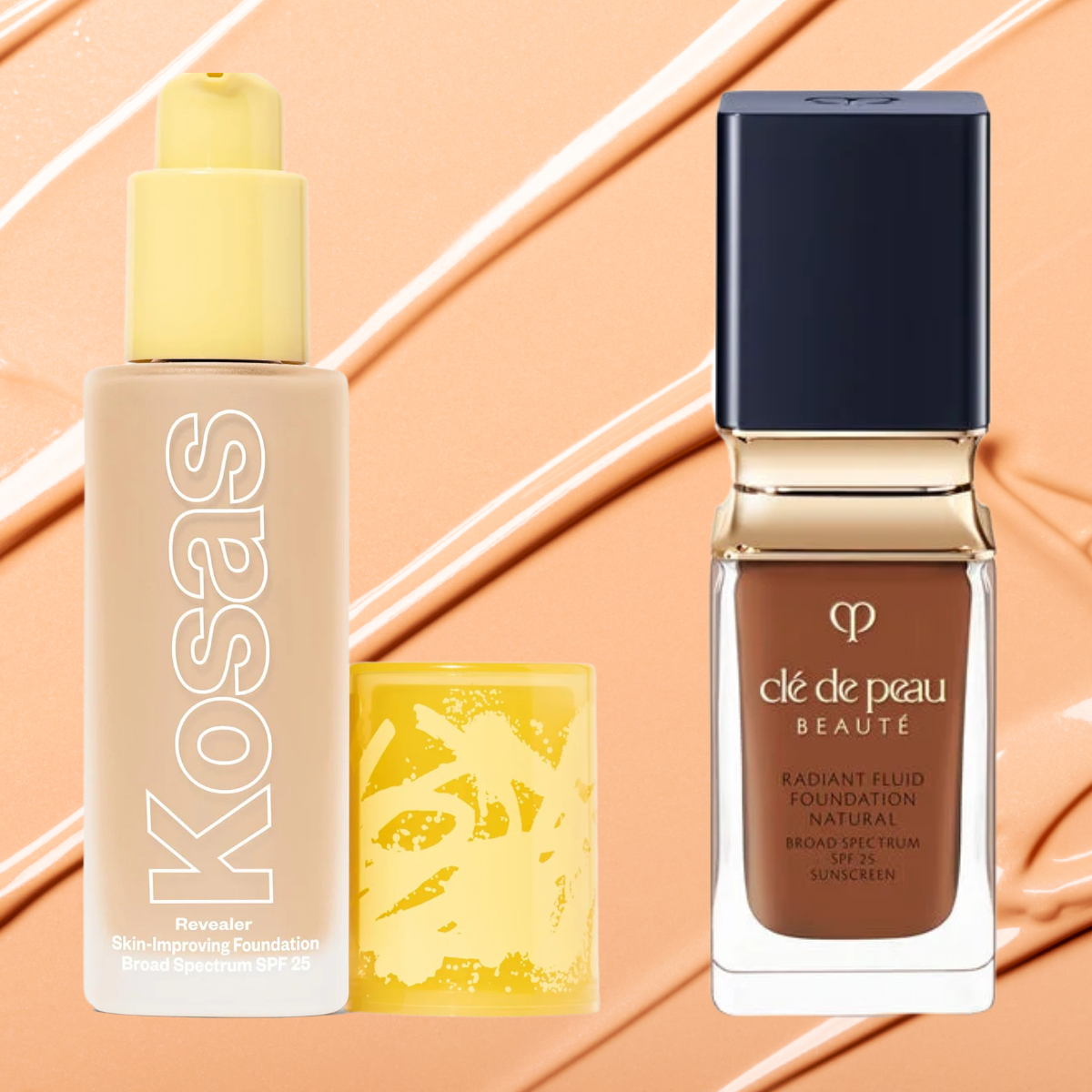 The 15 Best Foundations for Mature Skin, Tested by Women Over 50
The 15 Best Foundations for Mature Skin, Tested by Women Over 50It's perfect for mature complexions.
By Siena Gagliano